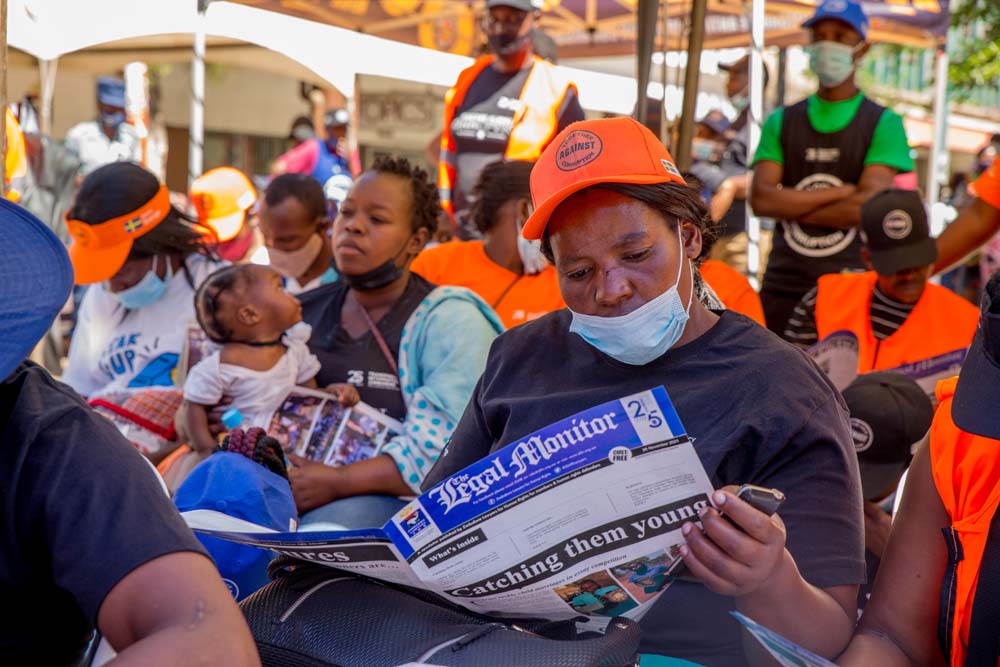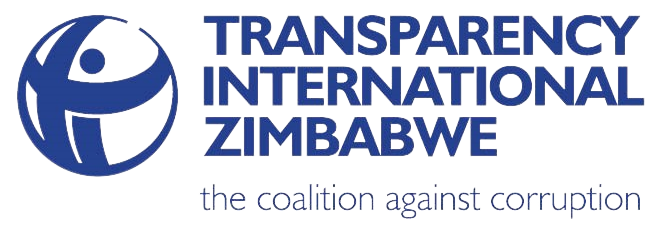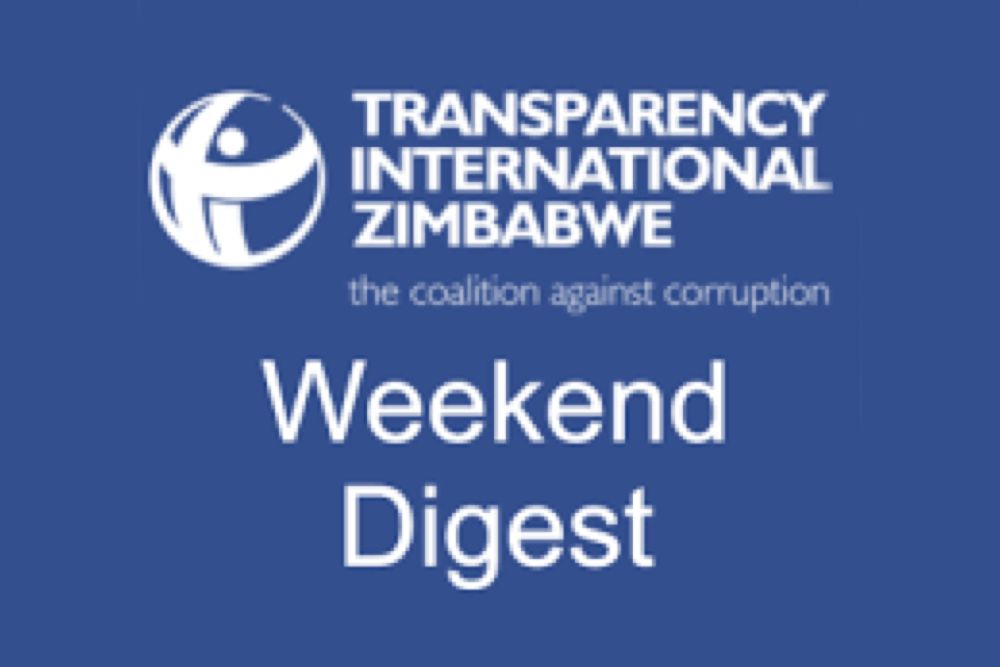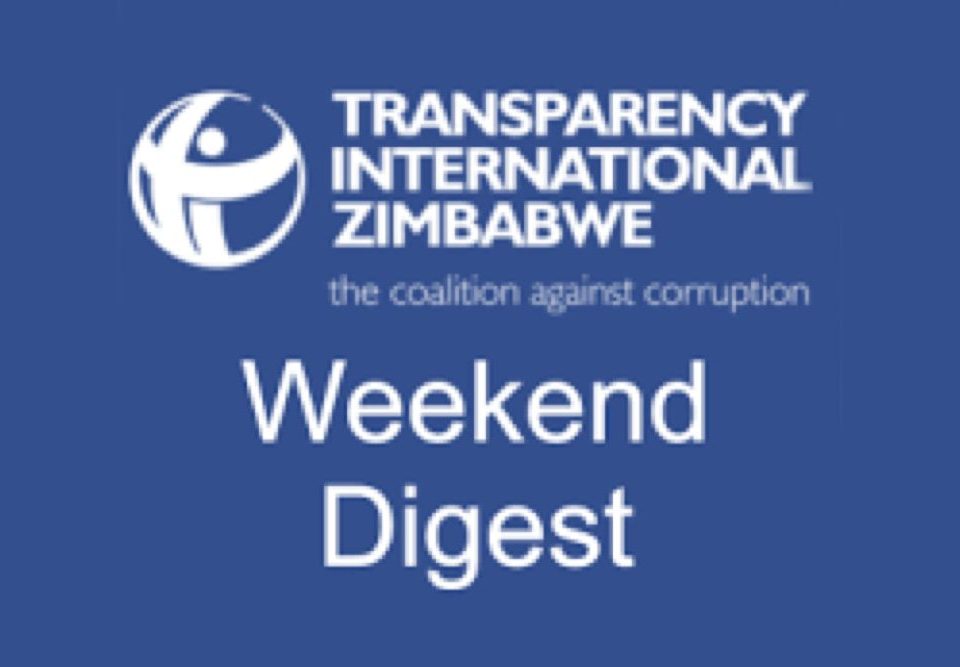
The Devolution Agenda in Zimbabwe from an Anti-Corruption Perspective
September 18, 2020
Access to Information as a Tool Against Corruption
October 9, 202025 September 2020
Introduction
Rampant corruption in political, social, and economic spheres of development has been the core driver of economic meltdown over the past two decades in Zimbabwe. In response, the Zimbabwean economy went through an economic depression whose impacts are widespread. The associated economic and humanitarian crisis has limited the ability of the state to mobilise resources to finance its own development. On the other hand, the huge external debt burden further exposed Zimbabwe’s vulnerability for its over reliance on external resources. This left the country with no other option but to look inward in terms of mobilising resources. Taxation became the ultimate source of revenue coupled with domestic debt which rose from US$276 million in 2012 to US$9.2 billion as of December 2019. Both external and domestic debts affected the country’s debt profile and the government had to minimise the issuance of treasury bills. Pursuant to the rising social, economic and infrastructure needs, the government introduced additional taxes including the infamous intermediated money transfer tax (IMTT) commonly known as the 2% tax. However, the ability of the revenue authority to mobilise resources is undermined by leakages associated with tax evasion, avoidance, and corruption. Whilst taxation cements the social contract between the government and the citizens, rising corruption has affected tax compliance. The Reserve Bank of Zimbabwe estimates that the country lost US$3 billion between 2015 and 2017 to illicit financial flows. Corruption acts as both a source and an enabler of illicit financial flows. Therefore, the fight against corruption should remain a priority for the Government of Zimbabwe in order to safeguard public resources. Against this backdrop, this week’s Weekend Digest relooks at the findings and recommendations from the study we conducted in 2019 on corruption in tax administration and revenue mobilisation in Zimbabwe.
Transparency and Accountability Corner
- Former Minister of Health, Obadiah Moyo is set to go back to court tomorrow- 26 September 2020 over the Draxgate Scandal https://www.aljazeera.com/
economy/2020/7/8/zimbabwe- health-minister-obediah-moyo- sacked-amid-graft-scandal - Prisca Mupfumira appeared in court on the 22 September 2020. The trial date was postponed to 19 October 2020
https://www.theindependent.co.zw/2019/07/26/minister-held- over-us95m-scandal/


